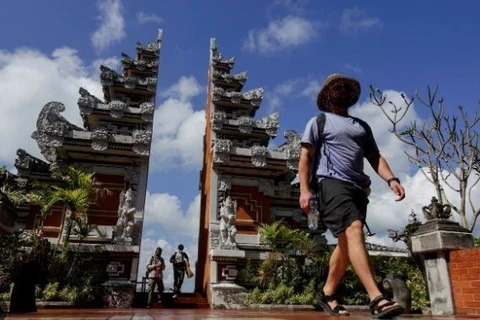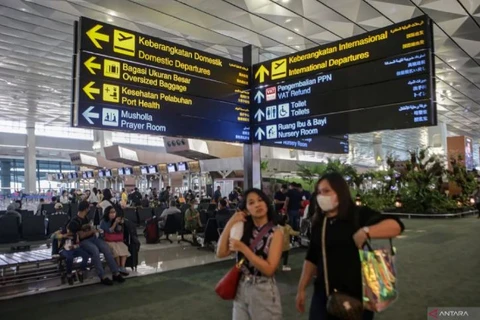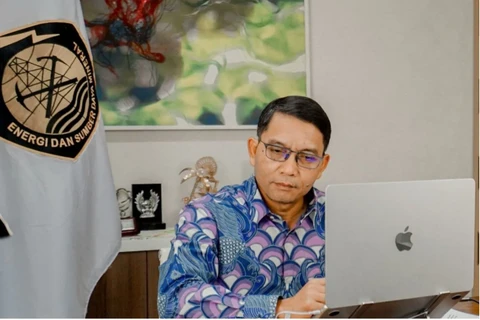Jakarta (VNA) – Indonesia’s Investment Minister Bahlil Lahadalia on December 11 affirmed that the policy for the refinery industry – a process known locally as “downstreaming” including sectors that apply the sustainable principle, is key to achieving Indonesia's investment target of 1.65 quadrillion rupiahs (around 105.67 billion USD) in 2024.
He said that is the country's policy direction in encouraging economic growth above 5%. The Indonesian government's policy direction, in the context of investment, will mainly focus on downstreaming.
He stated that although the current conditions of global uncertainty are influencing investors' decisions to invest, Indonesia has strategic factors to be able to compete globally to attract investment.
Those factors are political, legal, and economic stability; adaptive and progressive policies towards the improvement of the investment climate; the potential of human resources, both in terms of labour availability and markets; and the potential of downstreaming abundant natural resources.
He noted that the existing geopolitical dynamics have caused recessions and crises in various parts of the world. Hence, sustainable investment that can encourage more inclusive, fair, and equitable development is deemed necessary.
To achieve the goal, the Indonesian government is focusing on the development of industries that are environmentally friendly and utilise new and renewable energy, Bahlil said.
It is also necessary for Indonesia's abundant natural resources to be managed wisely and sustainably through downstreaming and industrialisation to provide maximum added value for the nation's interests, for instance, by increasing exports, generating foreign exchange, increasing state income, and boosting economic growth.
Downstreaming can also support the achievement of sustainable development goals (SDGs), especially regarding the creation of decent jobs, climate change mitigation, and the alleviation of poverty and inequality.
Bahlil explained that Indonesia has the world's biggest CO2 storage potential, so investors can build the downstream process using new and renewable energy while still contributing to efforts to reduce emissions through carbon capture, utilisation, and storage (CCUS) technology.
He ensured that Indonesia will oversee investment from upstream to downstream, especially in the priority sectors, starting from the promotion of investment, the issuance of business licenses and various incentives, financial closing, construction, to commercial production.
Indonesia’s Investment Ministry has created a roadmap with a potential of 545.3 billion USD throughout the 2023–2035 period for 21 commodities from eight priority sectors, namely minerals, coal, oil, natural gas, plantations, fisheries, maritime, and forestry.
From January to September 2023, the ministry recorded that investment in the downstream industrial sector reached 266 trillion rupiahs, or 25.3% of the total investment in the country./.
























